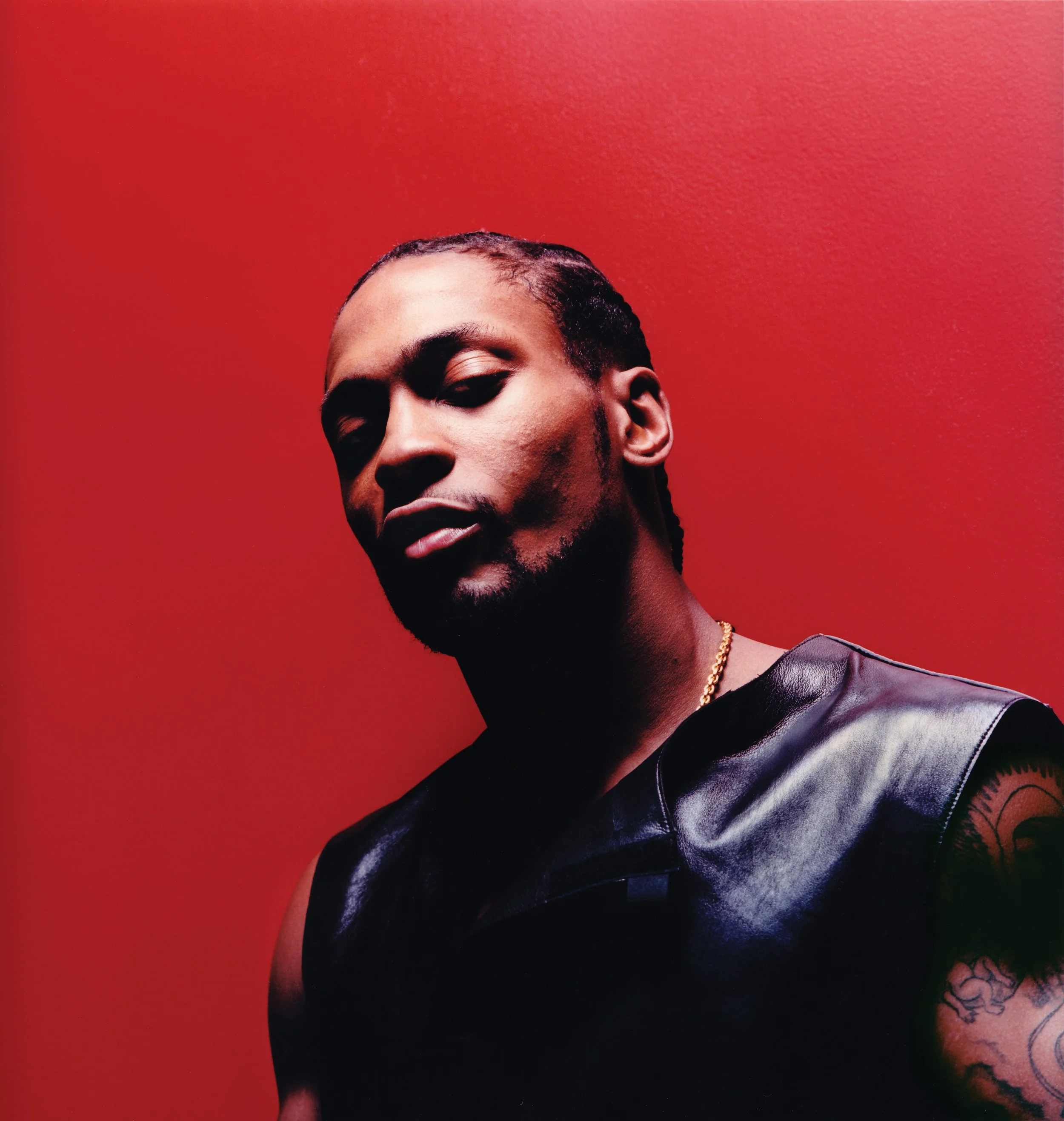RIP to Michael D’Angelo Archer
In the words of Brother sndtrak, “we lost a Neo-Soldier.”
The Genius of D’Angelo: A Soul That Rewired Music
I remember first seeing “Brown Sugar” and “Lady” on BET — that was the moment I became a fan for life. There was something in D’Angelo’s tone, the confidence in his delivery, and the raw soul that felt familiar yet completely fresh. I ran out and bought the Brown Sugar CD immediately, and I played “Let’s Cruise” on repeat — not even realizing then that Smokey Robinson originally co-wrote, produced, and performed the song.
At the time, I hadn’t heard anything like it. Brown Sugar hit this rare middle ground between hood and holy — secular gospel wrapped in soul, funk, and street sensibility. It was revolutionary. D’Angelo carried the spirit of Marvin, Prince, and Donny Hathaway, but with the grit and groove of hip-hop culture that raised my generation.
Voodoo: The Neo-Soul Bible
When Voodoo dropped in 2000, the world shifted. For me, it stands as the greatest Neo-Soul album of all time — and I don’t say that lightly. As a rap fan and contributor myself, hearing “Devil’s Pie” was insane. It was spiritual and grimy at the same time — that DJ Premier production, those bass lines, and the lyrical honesty hit different. And just when you’re caught in that trance, the album follows up with “Left & Right” featuring Redman and Method Man — bridging soul and hip-hop like it was destiny.
The musical genius behind Voodoo wasn’t just D’Angelo alone — it was an ecosystem of brilliance.
Ahmir “Questlove” Thompson, the late Angie Stone, Roy Hargrove, Raphael Saadiq, James Poyser, Charlie Hunter, Chalmers Alford, and Pino Palladino all contributed to what became an otherworldly jam session turned into scripture. It was live, imperfect, human — and divine.
This was the Soulquarians era — a renaissance that redefined Black music at the turn of the millennium. Their sound had dirt under its fingernails and love in its bloodstream.
A Loss Felt Deeply
D’Angelo represented all the good in music — authenticity, vulnerability, and Black genius without compromise. His passing isn’t just a loss of a voice or a sound; it’s the loss of a movement that reminded us how to feel again.
For me and my peers, this one hurts. We grew up to his chords, studied his grooves, and modeled our own artistic integrity after his fearlessness. He showed us that soul wasn’t something you sang — it was something you lived.
Rest in Power, D. Your music remains our sermon.


